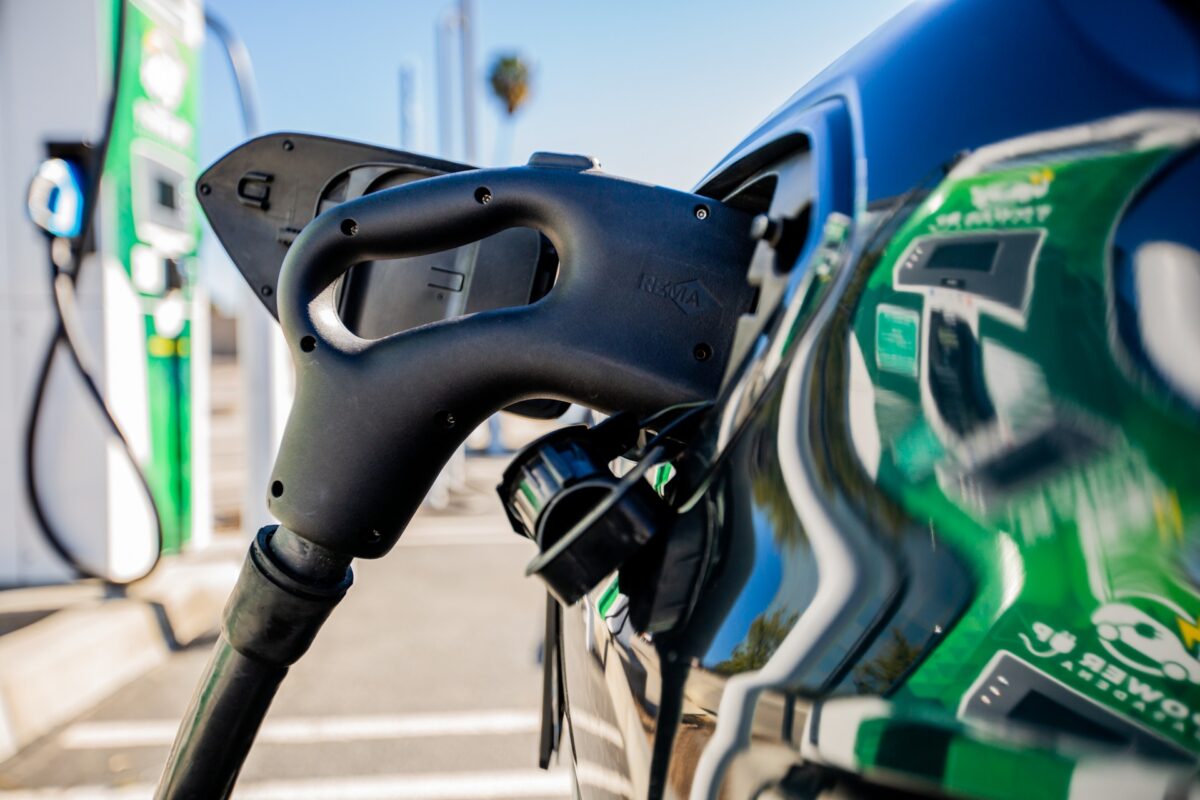Tritium, an Australian electric vehicle charging company that rocketed onto the world stage, is battling dire financial straits. After the Queensland and federal governments refused to take a $90 million equity stake tied to guarantees to keep its Brisbane factory open, Tritium is courting investors, including Taiwanese electronics company Lite-On Technology.
Other potential key stakeholders are rumoured to be interested in investing in Tritium, but insiders are staying tight-lipped. Tritium barred journalists and the public from attending its annual general meeting (AGM) on 30 November.
After the meeting, the Australian Financial Review spoke to shareholders, who told the paper that Tritium revealed only that there had been confidential discussions with two groups but had not disclosed details of either Lite-On Technology or any other potential key stakeholders, including a Saudi Arabian investment fund.
Last week, Trevor St Baker, who owns a 22% stake in the company, told The Australian that an announcement on further funding for the company would be revealed soon. He said he was confident Tritium would survive.
Besides operating internationally on four continents across 41 countries, Tritium is strongly placed in the US market, not the least because of current US government support and initiatives to upgrade and expand the country’s electric vehicle charging infrastructure. Tritium recently said it would focus its operations on the United States, where it has a manufacturing plant in Tennessee. This rapid expansion has come at a great cost, and Tritium has racked up almost $190 million in losses as it fulfils enormous orders.
Electronics company Lite-On Technology, which has a market capitalisation of $12 billion, is said to be eyeing a decisive stake in the Australian fast-charging company in order to expand its access to the US market.
Tritium appears to be suffering from its massive expansion. Alone in the last 12 months, Tritium’s wins have included a deal with DC America to supply fast chargers, an order for 200 chargers from EasyGo in Ireland, another order with BP for over a thousand EV chargers, following on from a similarly large order with BP just months before, as well as orders from an infrastructure rollout in Denmark with charging operator OK, among other significant orders in Wales, Ireland, Hawaii and France.
Not surprisingly, this year, Tritium also expanded its US workforce and raised $40 million in capital before scrabbling for more financing soon after and closing its Australian manufacturing base to focus on the US and use Brisbane for its research and development operations.
Simultaneous to the negotiations with investors and its annual general meeting, Tritium also announced that 33 of its 175kW chargers have now been installed at the SSA Terminals, LLC container terminal at Pier C in the Port of Long Beach in California. The charging stations are kitted out with Stäubli mechanised charging connectors to support the terminal’s electric terminal tractors. The vehicles being charged with 33 specialised Tritium charging stations are used to transport shipping containers. The Port of Long Beach is one of the largest in the world, with 7,000 trucks passing through it daily.
Tritium is also under pressure from Nasdaq. The Australian fast-charging market leader has been issued a show-clause notice to justify why it should not be kicked off the stock market after the underperformance of its shares. Tritium must formally respond in 2024.
This content is protected by copyright and may not be reused. If you want to cooperate with us and would like to reuse some of our content, please contact: editors@pv-magazine.com.








By submitting this form you agree to pv magazine using your data for the purposes of publishing your comment.
Your personal data will only be disclosed or otherwise transmitted to third parties for the purposes of spam filtering or if this is necessary for technical maintenance of the website. Any other transfer to third parties will not take place unless this is justified on the basis of applicable data protection regulations or if pv magazine is legally obliged to do so.
You may revoke this consent at any time with effect for the future, in which case your personal data will be deleted immediately. Otherwise, your data will be deleted if pv magazine has processed your request or the purpose of data storage is fulfilled.
Further information on data privacy can be found in our Data Protection Policy.